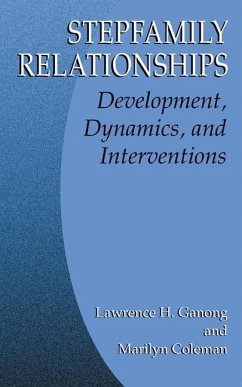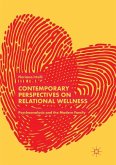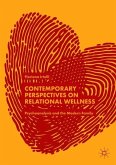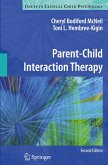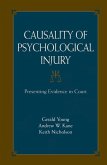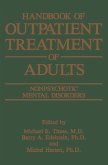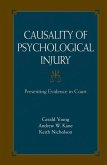This volume focuses on a wide range of behaviors and outcomes in stepfamily relationships, both positive and negative. The authors use the normative-adaptive perspective to seek out and study adaptive, well-functioning stepfamilies and find how they differ from those who struggle to cope. It will be a welcome text and reference for all those who study and work with stepfamilies and families in general.
From the reviews: "Anyone who studies stepfamilies should read this book. It provides as comprehensive a review as possible of the explosion of research on stepfamilies in recent years, with 30 pages of references in very small type. ... A rather interesting feature of the book is the attention given to clinical research on stepfamilies. ... this book serves well as a source of reference for family scholars, a basic text for advanced undergraduate or graduate courses, and a stimulus for further research." (Elizabeth Thomson, European Journal of Population, Vol. 23, 2007)

